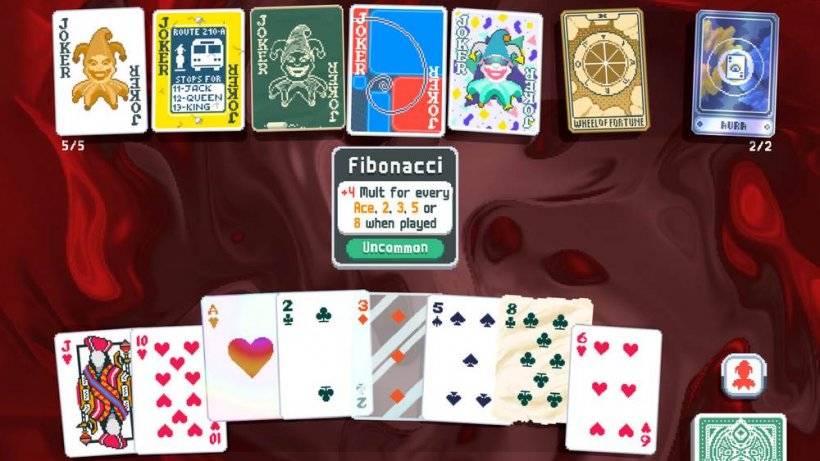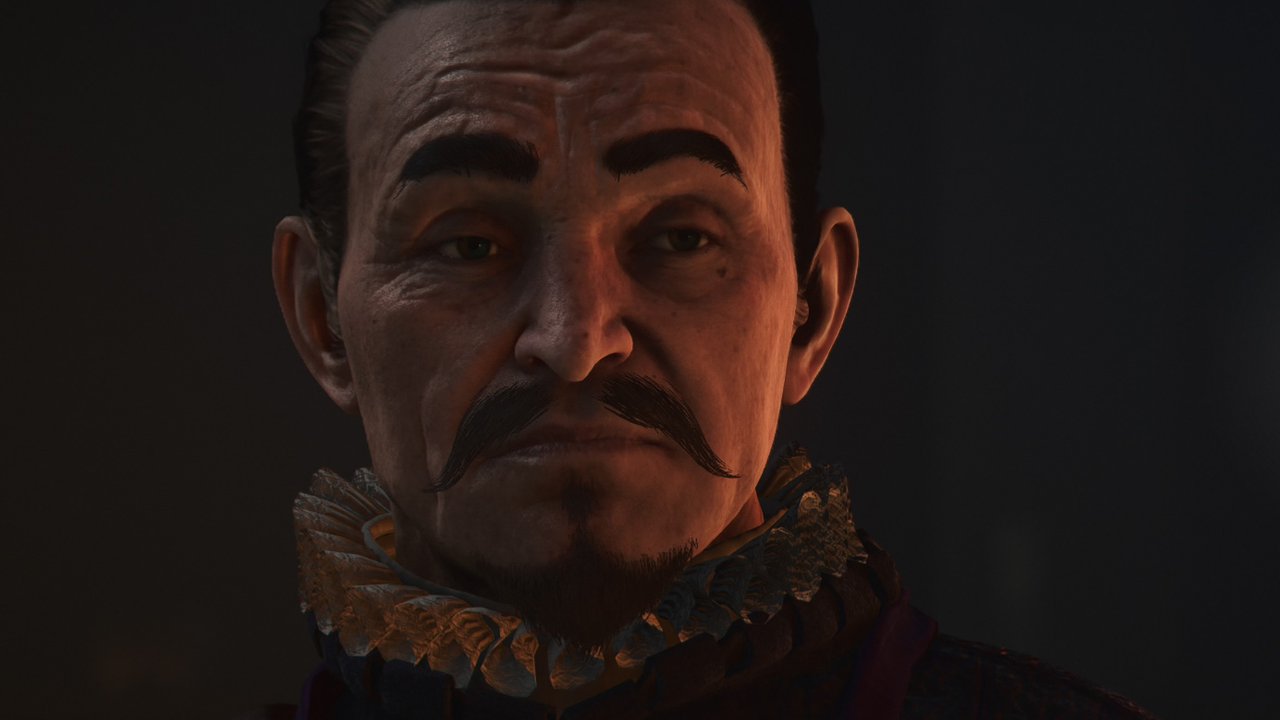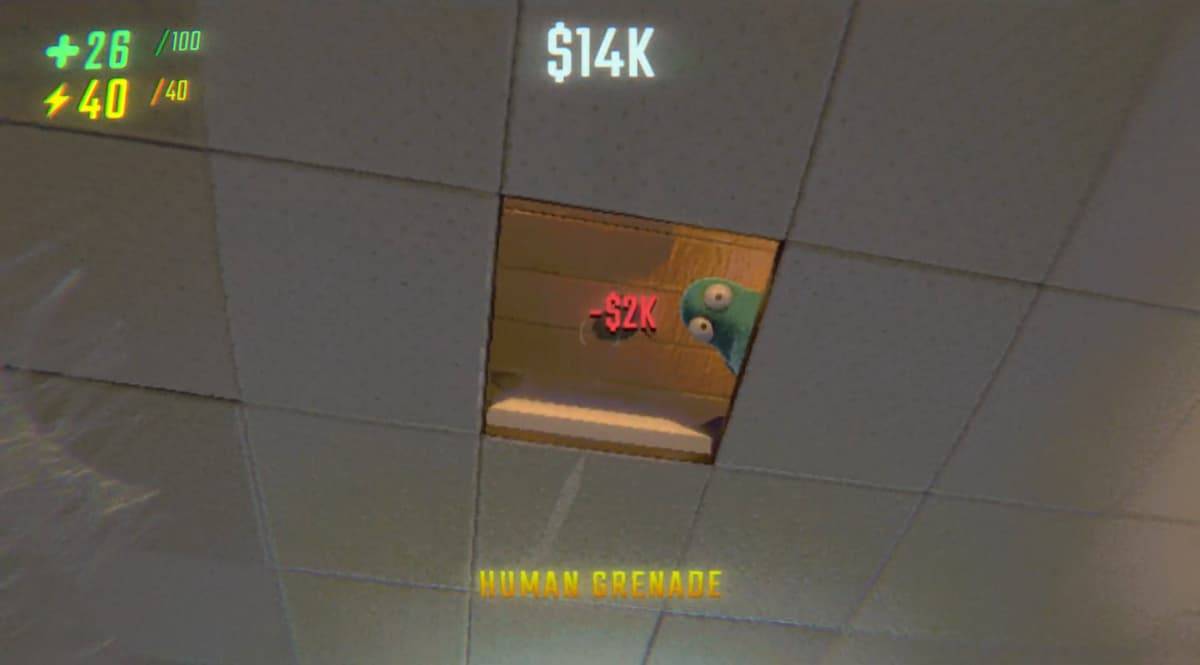Year-End Game Reflections: Why Balatro Deserves Game of the Year
It's the end of the year (likely December 29th if you're reading this on schedule), and Balatro is a surprising, yet deserving, contender for Game of the Year. Its success, marked by numerous awards including Indie and Mobile Game of the Year at The Game Awards and dual honors at the Pocket Gamer Awards, has sparked both praise and confusion. Some question how a seemingly simple solitaire-poker-roguelike deckbuilder could garner so much acclaim.
The answer, in my opinion, lies in its core design. Before diving into that, however, let's acknowledge some other noteworthy games:
Honorable Mentions:
- Vampire Survivors' Castlevania Expansion: The long-awaited addition of iconic Castlevania characters is a triumph.
- Squid Game: Unleashed's Free-to-Play Model: A bold move by Netflix Games, potentially setting a new precedent for mobile gaming monetization.
- Watch Dogs: Truth Audio Adventure: An intriguing, albeit unconventional, release from Ubisoft, showcasing a different approach to the Watch Dogs franchise.
Balatro: A Surprisingly Addictive Experience
My personal experience with Balatro has been a blend of frustration and fascination. While undeniably engaging, I haven't mastered its intricacies. The focus on deck optimization and statistical analysis isn't my forte. Despite countless hours played, I've yet to complete a run.
However, Balatro represents excellent value. Its simple, accessible gameplay, combined with visually appealing graphics and satisfying sound design, makes it a perfect time-killer. It's not my go-to for pure relaxation (that would be Vampire Survivors), but it's a close contender.
For under $10, you get a captivating roguelike deckbuilder that’s both enjoyable and socially acceptable to play in public. LocalThunk's success lies in taking a simple concept and injecting it with personality and charm, from the soothing background music to the satisfying sound effects.
Beyond the Graphics:
Balatro's success has baffled some, leading to criticisms that it's "just a card game." This reaction is understandable, given the current gaming landscape saturated with flashy graphics and complex mechanics. Balatro isn't a high-budget, visually stunning title; it's a well-executed, refreshingly straightforward game. This highlights a crucial point: a game's quality shouldn't be solely judged by its visual fidelity.

A Lesson in Simplicity:
Balatro's success proves that multi-platform games don't need to be massive, cross-platform, gacha-driven behemoths. It's a testament to the power of simple, well-executed design, appealing to players across PC, console, and mobile platforms. While not a financial juggernaut, its relatively low development costs likely resulted in significant profit for LocalThunk.
Balatro's appeal lies in its versatility. Some players strive for optimal deckbuilding strategies, while others, like myself, appreciate its relaxed, less demanding gameplay.

Ultimately, Balatro's success reinforces a simple truth: you don't need cutting-edge graphics or complex mechanics to create a successful and enjoyable game. Sometimes, a touch of simple brilliance is all you need.



















